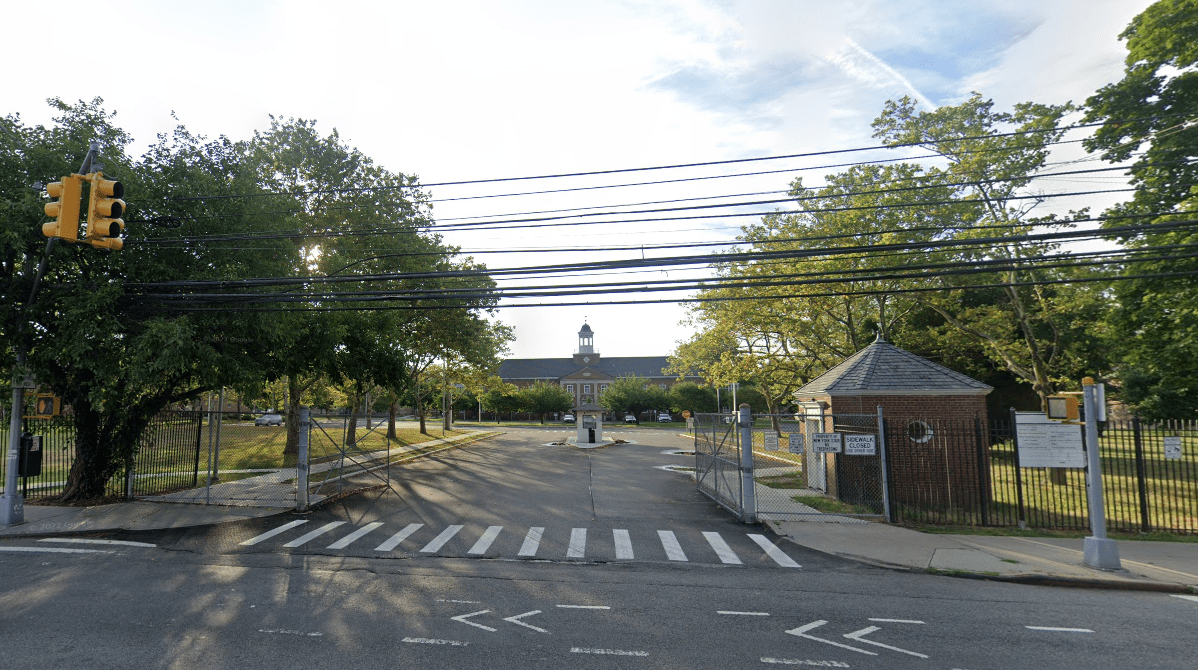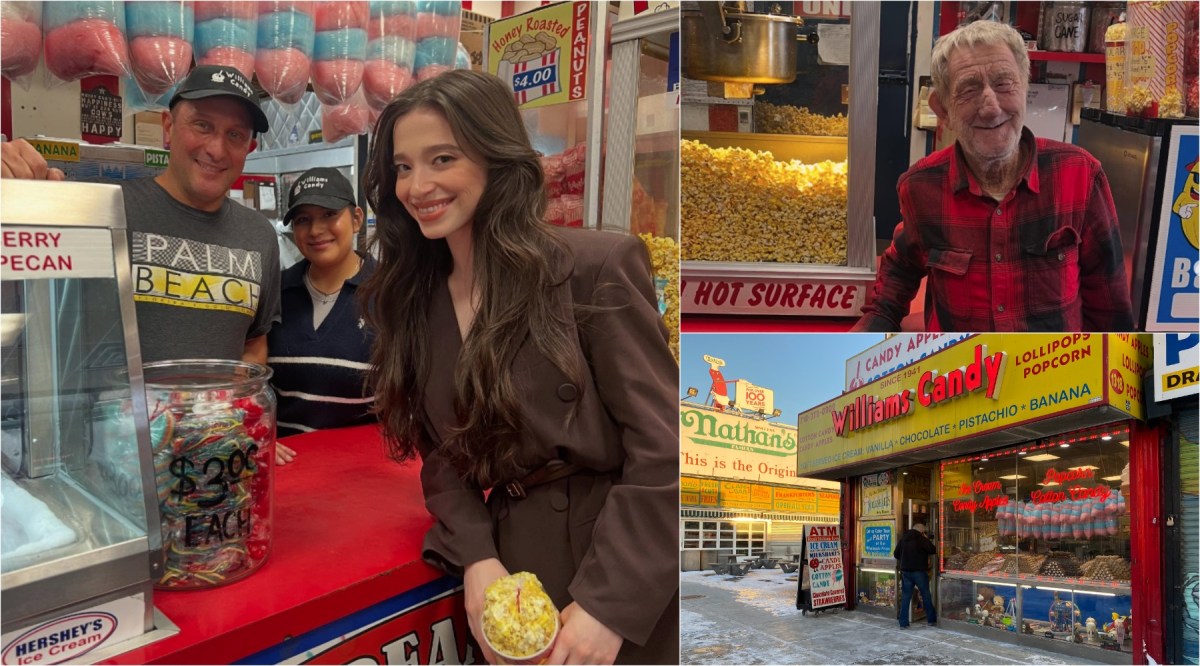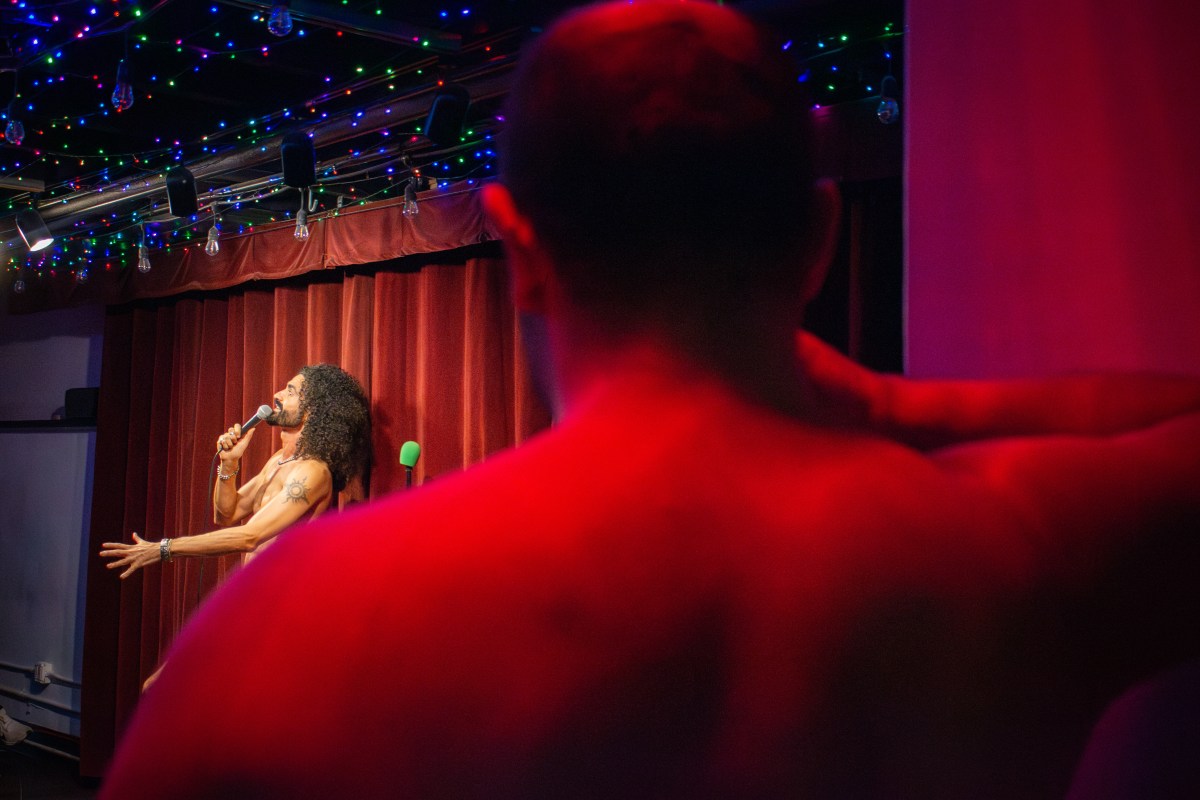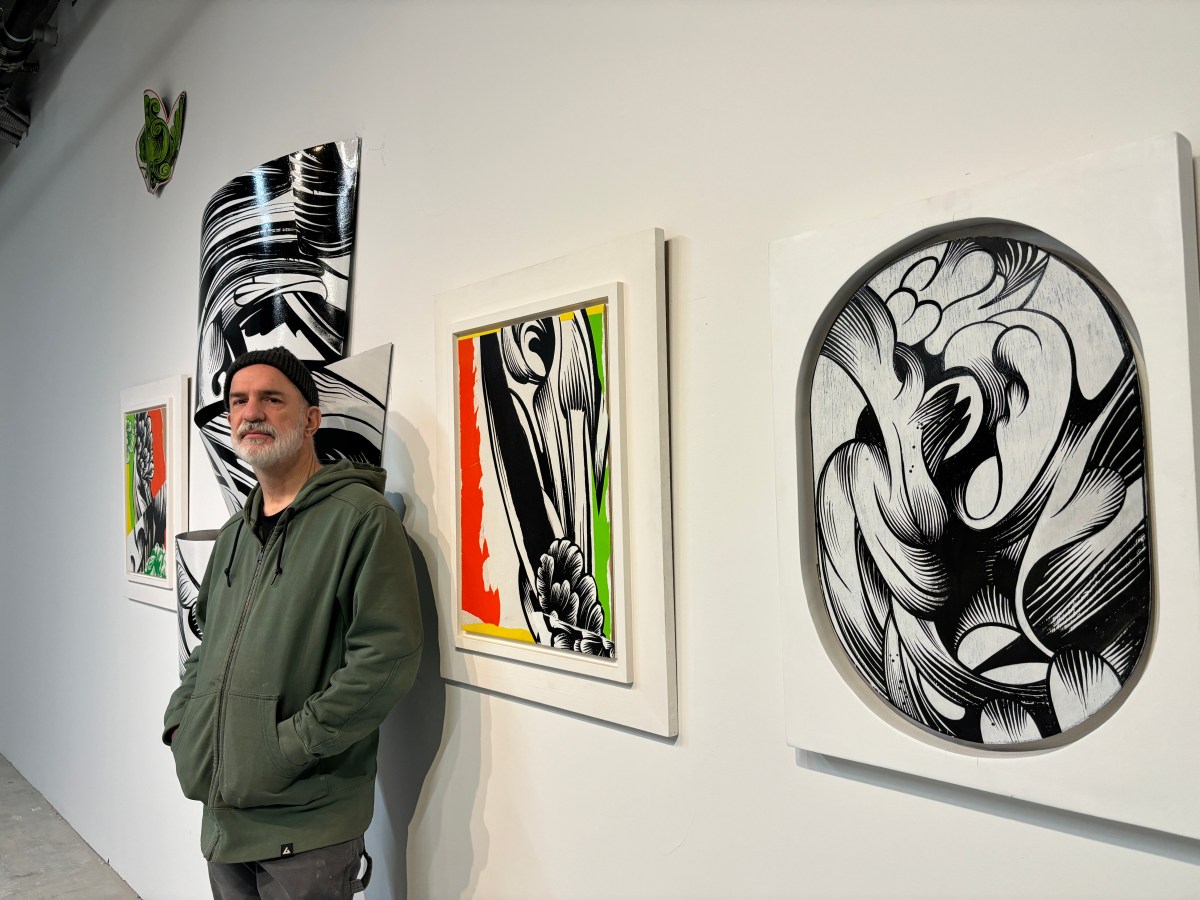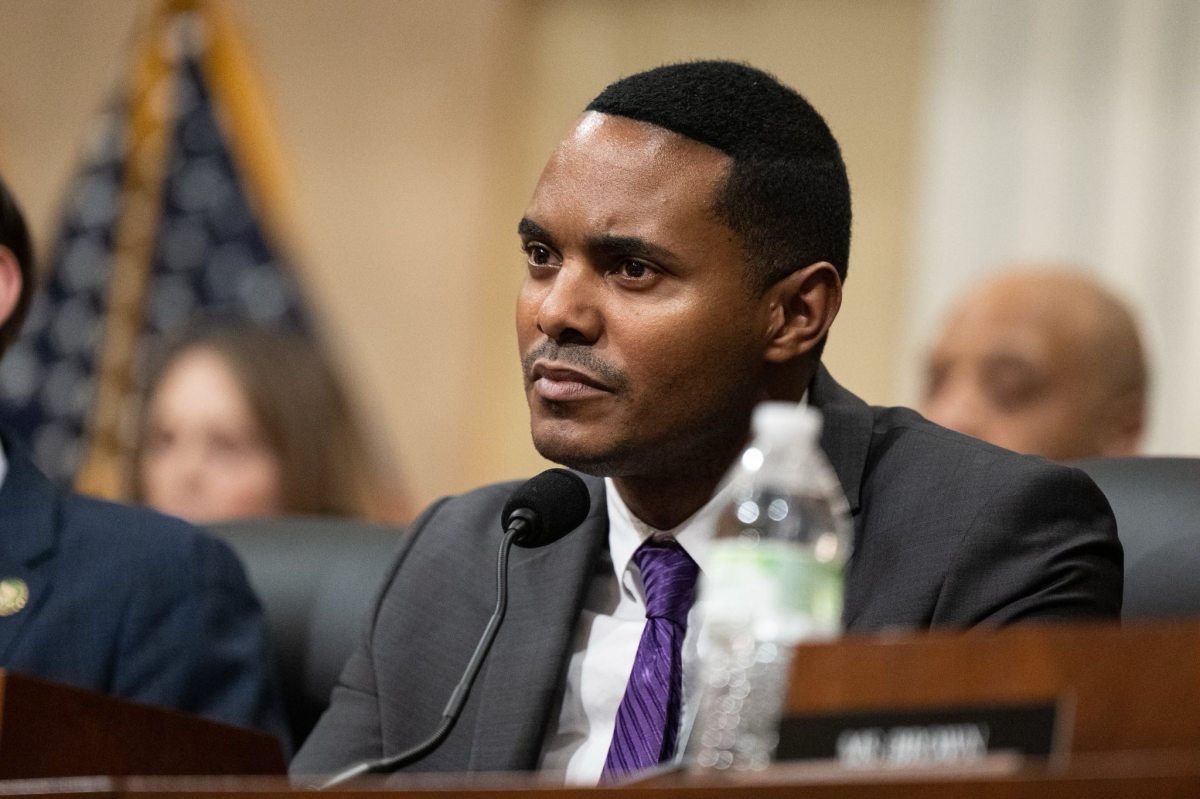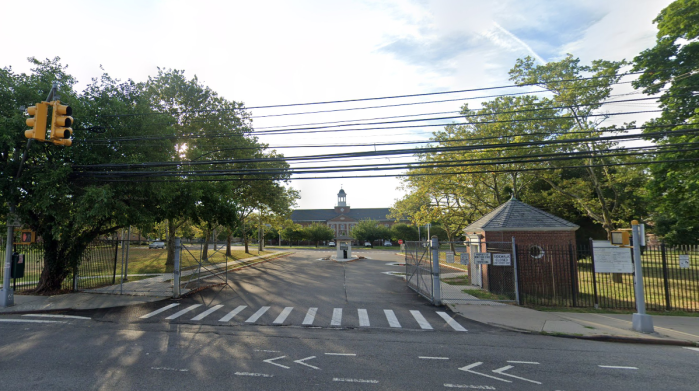Tensions ran high during an oversight hearing held by the City Council’s Public Safety Committee on the NYPD’s controversial stop-and-frisk policies after the enactment of the “How Many Stops Act” earlier this year.
The hearing featured Council Member Yussef Salaam, chair of the committee, along with the NYPD’s Chief of Department Jeffrey Maddrey and Michael Gerber, deputy commissioner of legal matters, and community advocates and families directly impacted by police practices.
Salaam opened the meeting by underscoring the gravity of the subject matter. He emphasized the human impact of these policing practices on communities—particularly communities of color that bear the brunt of aggressive policing. Emotional testimonies highlighted the experiences of those affected by the NYPD’s stop-and-frisk tactics, with various speakers sharing harrowing personal stories.
Even so, there were intense exchanges between City Council members for and against police reform when it comes to stop-and-frisk.
Queens Council Member Vickie Paladino combatively challenged other lawmakers after they critiqued her line of questioning to a panel of witnesses. Paladino’s statements included asking the group, which was made up mostly of people of color, if they were racist and asserting that gang violence and crime would decline with the Trump administration since the president-elect has plans for a mass deportation.
“We have made this situation here a black and brown issue. This is not a black and brown issue. I sit here each and every time and I listen to what is supposed to be the safety committee,” Paladino said during the hearing. “This is absolutely pushed too far. Our police officers do their job.”
Manhattan Council Member Carmen De La Rosa then called Paladino out for insinuating that the panel, which featured Feliz, should be the one’s who character were brought into question rather than law enforcement.
“I’ll be damned if I have members of this body question this family,” De La Rosa said. “I’m a proud immigrant and I’m the first Dominican woman elected to this body from my community. Do not question the contributions of immigrants in this chamber.”
The policy has long been a controversial topic in New York. Before the How Many Stops Act was implemented in January 2024, after the City Council overrode Mayor Adams’ veto of the bill, Adams claimed the new law would inundate officers with paperwork.
The committee examined the NYPD’s progress in implementing the law and court-mandated reforms regarding its stop-and-frisk practices in response to the NYPD’s third-quarter statistics.
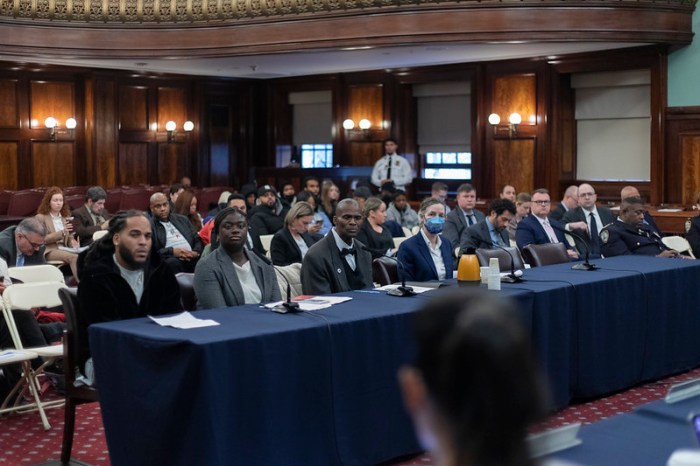
Despite some declines in the practice, evidence suggests a resurgence of stop-and-frisk under the current administration.
Public Advocate Jumaane Williams spoke passionately about the legislative changes aimed at promoting transparency and accountability, specifically referencing the new “How Many Stops Act,” which requires NYPD to report on their apparent race, age, and gender of those that are stopped or questioned in an investigation.
“In 2022, the number of stops rose again to nearly 17,000, and the percentage of those identified as unlawful has increased,” Williams said, pointing towards a regression in police practices.
Sammy Feliz brought a deeply personal dimension to the discussion, recalling the tragic death of his brother, Alan, who was wrongfully killed during a police stop.
“When officers jumped like that and told you that they think you have weapons, what goes through your mind is that this could be the end of my life,” Feliz said. “In my neighborhood of Washington Heights, people are being stop-and-frisked with alarming frequency.”
Feliz also conveyed the emotional toll on the community.
“These laws do not just hurt individuals; they undermine entire neighborhoods. People are less likely to report crimes or cooperate with police if they feel targeted,” he said.
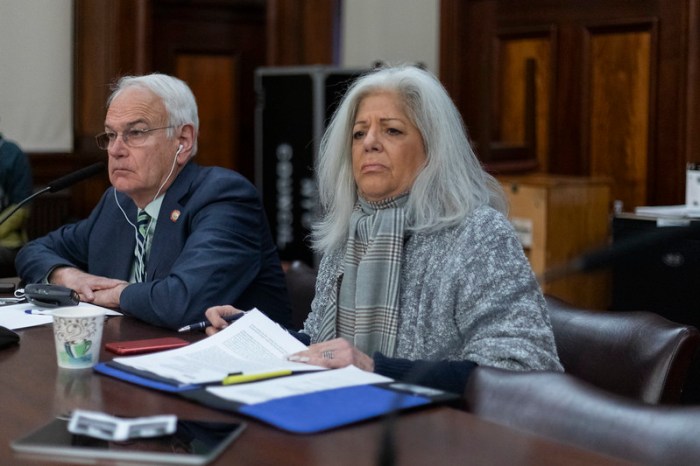
Gerber reiterated the difference between investigative stop categories: level one, where cops ask general questions; level two, where officers ask more pointed questions based on a founded suspicion; level three, where an officer stops the person and makes it clear the person cannot leave; and level four, where the cop has probable cause.
“We are committed to complying with the law and we have worked very hard and in good faith to meet our obligations under the law,” Gerber said during the hearing. “There has been a significant shift in the nature of policing in the city. That said, there is still more work to be done.”
Many community members voiced their concerns about the current state of policing in New York City, with committee members urging for a reevaluation of the NYPD’s practices.
According to Gerber, NYPD actively discusses any potential policy revision.
“There are times when we agree with the [cops] critiques, and there are times when we disagree, but it is always a collaborative relationship in which we are fully engaged and responsive,” he said. “Officers are asked to make split-second decisions, sometimes with limited information. This is challenging work.”
Advocates pressed for clearer data, a representative from the Center for Constitutional Rights echoed the need for improved practices within the police department. The ongoing racial disparities and the lack of consequences for unlawful stops were the main topic of conversation throughout the hearing, with many calling for more resources rather than more extreme policing.
“It’s essential that we redefine what community safety looks like. A system that criminalizes people for merely walking in their neighborhood cannot be considered safe,” said Carla Reyes, a community organizer, at the hearing.”Our communities need support and resources—not aggression from law enforcement.”
(Updated on 12/17/24 at 1:37 p.m.): This story has been updated to include hearing comments from Paladino and De La Rosa.
















